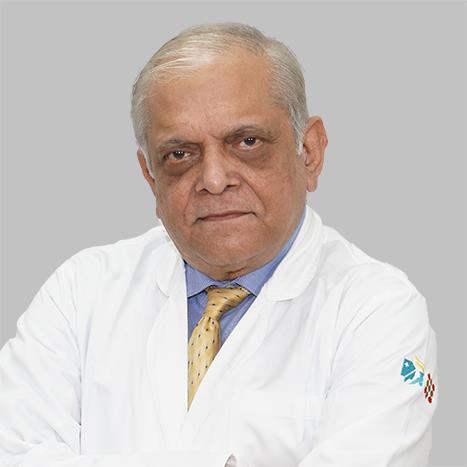Types/Stages of Tourette Syndrome
Tourette syndrome does not have defined ‘types’ or ‘stages’; however, the symptoms can vary in severity and frequency over time:
-
Mild Tics: These are barely noticeable and do not significantly interfere with the individual’s daily activities.
-
Moderate Tics: These are more noticeable and may cause some disruption in daily activities.
-
Severe Tics: These are disabling and can significantly affect the individual’s quality of life.
Symptoms of Tourette Syndrome
The symptoms of Tourette syndrome are primarily:
-
Motor Tics: These involve sudden, repetitive movements such as blinking, head jerking, or shoulder shrugging.
-
Vocal Tics: This includes sounds or words like humming, grunting, or repeating words.
-
Complex Tics: These are distinct, coordinated patterns of movements involving multiple muscle groups. For example, touching objects, jumping, twirling, or complex vocalisations.
-
Premonitory Urges: Patients experience an uncomfortable sensation or urge in the muscles before a tic.
Tests to Diagnose Tourette Syndrome
To diagnose this condition, the following measures are employed:
Clinical Evaluation: This includes a comprehensive review of the patient’s symptoms and duration. Specialists for Tourette syndrome closely observe the type, frequency, and severity of both motor and vocal tics.
Neurological Examination: Neuroimaging studies like MRIs or CT scans are performed to check for structural abnormalities in the brain. This helps rule out other neurological conditions that might cause tic-like symptoms, such as seizure disorders, brain injuries, or infections.
Psychiatric Evaluation: This helps assess any co-existing mental health disorders to exclude the presence of co-occurring mental health conditions often seen with Tourette’s, such as ADHD, OCD, anxiety, and depression.
Additional tests: In rare cases, certain blood tests to screen for metabolic disorders or infections and an electroencephalogram (EEG) to measure electrical activity and rule out seizure disorders are performed.
Treatment or Surgery Options for Tourette Syndrome at Apollo Hospitals in Lucknow:
At Apollo Hospitals, our team of specialists for Tourette Syndrome treatment offers:
-
Medication: Drugs like neuroleptics that block or reduce dopamine are the most effective medications to help control tics.
-
Behavioural Therapies: Comprehensive Behavioural Intervention for Tics (CBIT) is effectively used to manage tics.
-
Counselling: Individual and family counselling can help patients cope with the social and emotional challenges of living with Tourette syndrome.
-
Deep Brain Stimulation (DBS): This involves surgically implanting electrodes in the brain to stimulate specific areas, offering relief from tic symptoms in severe cases where other treatments are ineffective.









 Call Now
Call Now





